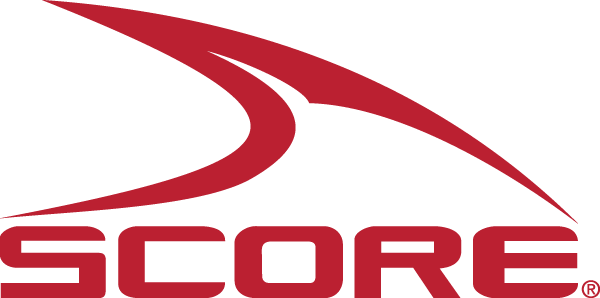What if “someone” wanted to hate you? You did nothing wrong to this “someone.” In fact, you don’t even know why this “someone” doesn’t like you. It might be someone from work—someone from your community—someone you met at a social gathering—someone you hardly know.
Now, what if you get an odd feeling that this “someone” really is destroying you. They are spreading rumors that are ugly and untrue. The rumors are about your personal life. They are not only untrue but they are embarrassing. And now you suddenly have this sense that these rumors have gotten to your family, your neighbors, and your co-workers. In fact, people are now talking about you behind your back. Stories you don’t even know about. And there’s no way to defend yourself because you don’t even know how this is happening.
But it doesn’t stop there. Now you hear something vicious about you on the Internet, on Twitter, on Facebook, on YouTube, and even on Instagram.

This can’t be happening. You did nothing wrong. You don’t even know what caused this person to hate you. But it keeps coming. In fact, other people are doing it too. You’re life really is getting destroyed.
What would you do?
Now, what if you’re only 14 years old?
Welcome to “Bullying 2013.”
This month across the country, several children have taken their lives because they couldn’t take the bullying. And yet, we have made little progress on educating those responsible for our youth—our school leaders, our teachers, our coaches—on what to do about it. In part, because many adults confuse “Bullying 2013” with “Bullying When They Grew Up.” It’s not the same—it’s more vicious because there are more means to communicate it.
Starting this fall, Up2Us will partner with Ben Cohen’s StandUp Foundation to create a toolkit to help coaches use the power of sports as a solution to bullying. While many youth may associate sports as an arena that fosters bullying, it in fact can be a powerful platform for preventing it. Coaches naturally receive the respect of their athletes. They are in a unique position to address diversity and inclusion among their teams and steer would-be bullies into pro-social behavior. They can also be intentional about engaging those youth who are bullied into participating in sports and facing athletic challenges that can provide them a new sense of dignity and self-worth. And, yes, all of this can take place in the context of “positive peer pressure.” After all, that’s what a trained coach fosters, and that’s what sports are all about.
“Stick and stones may break my bones but names will never hurt me.” That was once true before those names ended up all over the Internet. It’s no longer true today. Up2Us is proud to lead a national effort to end bullying through the power of youth sports in America. Let’s get our community leaders and schools to do the same.
Paul Caccamo Executive Director
I would like to acknowledge Diana Cutaia for her work in this area and her support of this Up2Us effort.





![[WATCH] Morgan Stanley Innovation Awards Features Up2Us Sports](https://images.squarespace-cdn.com/content/v1/58bddd12e58c6278e8a670e2/551e2744-c233-46e6-850d-bac0223d8f13/MHA+Innovation+Feb+2023+1.jpg)







